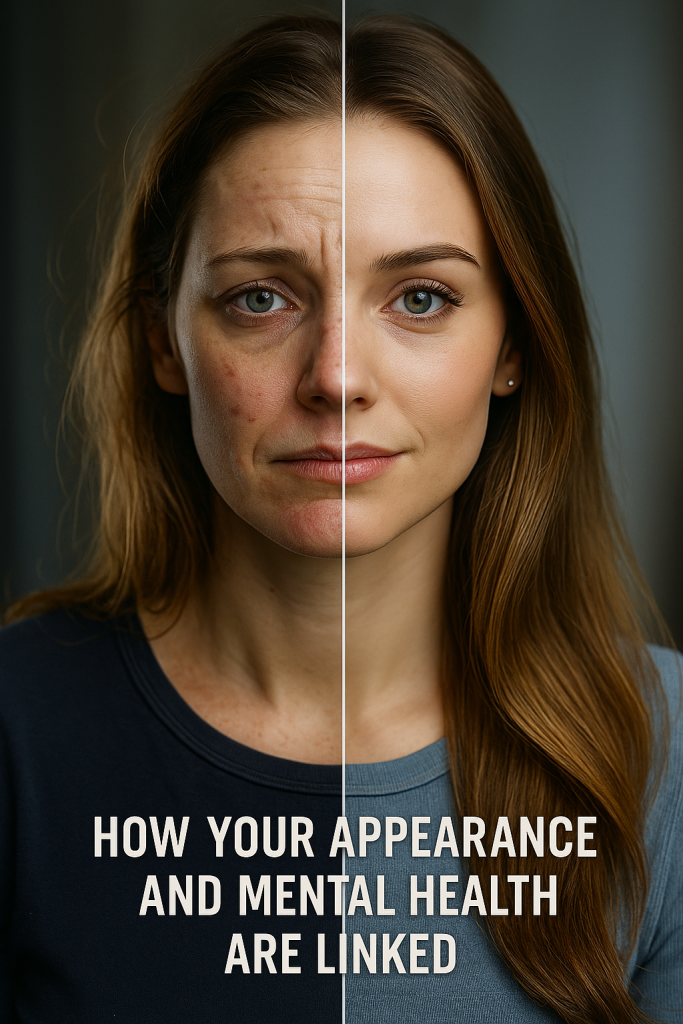Do you ever feel like there’s a vice tightening around your head, squeezing the life out of you? Well, if you’ve experienced pressure behind your eyes, you’re not alone. It can be an unsettling sensation that leaves you searching for answers. In this article, we’ll explore the frequent causes and available treatments for this discomfort. From sinus problems to dental issues, we’ll cover it all. So buckle up and get ready to find relief from that pesky pressure behind your eyes!
Migraines and Other Headaches
If you experience pressure behind your eyes, it could be a symptom of migraines or other types of headaches. Headaches often accompany pressure behind the eyes, and migraines are commonly associated with this type of pain. Migraines can cause pulsing pain, nausea, vomiting, sensitivity to sound and light, and visual disturbances. Tension headaches are characterized by a sensation of tightening and pressing, rather than pulsing. Cluster headaches can also cause infection, swelling, or pain in areas of the face, including the eyes. Therefore, if you are experiencing pressure pain in your eye along with other symptoms like pounding headache or sensitivity to light and sound, it is important to consult a healthcare professional for proper diagnosis and treatment options.
Sinus Infection
Sinus infections can cause throbbing pain and pressure around your eyeballs. When you have a sinus infection, the sinuses – which are the air-filled spaces in your skull – become inflamed and swollen. This inflammation puts pressure on the surrounding tissues, including the areas around your eyes. You may experience pain that feels like a constant ache or throb behind your eyes, along with a feeling of fullness or tightness. The pressure can also make your eyes feel heavy or sensitive to touch. Other symptoms of sinus infections may include a stuffy or runny nose, facial pain or tenderness, headache, fatigue, and fever. If you’re experiencing these symptoms, it’s important to see a doctor for proper diagnosis and treatment.
Graves Disease
Graves disease, an autoimmune disorder that affects the thyroid gland, can lead to swelling and pressure in the tissues behind your eyes. This condition occurs when your immune system mistakenly attacks the thyroid gland, causing it to produce too much thyroid hormone. The excess hormone production can cause various symptoms, including eye-related problems. With Graves disease, you may experience irritation in your eyes, dryness, excessive tearing, and even bulging of the eyes. You may also have sensitivity to light, double vision, ulcers on the eye surface, or even loss of vision. It’s important to seek medical attention if you’re experiencing these symptoms as early diagnosis and treatment can help manage the condition effectively and prevent further complications.
Optic Neuritis
When experiencing optic neuritis, you may notice changes in your vision such as blurriness, dimness, or colors appearing less vibrant. Optic neuritis is inflammation and swelling of the nerve connecting the eyes and brain. It is often associated with infections and multiple sclerosis (MS). In addition to changes in vision, other symptoms of optic neuritis can include reduced vision, color blindness, loss of vision in one eye, pain in the eye (especially when moving it), and abnormal pupil reaction to bright light. If you suspect you have optic neuritis, it’s important to see an eye doctor for an examination. Treatment for optic neuritis may involve IV and oral steroids to reduce inflammation and manage symptoms.
Toothache
Toothaches can cause aching and discomfort in the area around your eyes. When you have a toothache, the pain can radiate to different parts of your face, including behind your eyes. The connection between tooth pain and eye discomfort is due to the proximity of the dental nerves and facial nerves. If you’re experiencing pressure or pain behind your eyes along with a toothache, it’s important to see a dentist as soon as possible. Toothaches may be caused by various issues such as cavities, gum disease, or dental infections. By addressing the underlying dental problem, you can alleviate the pressure behind your eyes and find relief from both the toothache and eye discomfort.
Sinusitis
If you’re experiencing discomfort in your sinuses, it’s important to identify the underlying cause and seek appropriate treatment. Sinusitis, or a sinus infection, can be one of the causes of pressure behind the eyes. This condition is often caused by bacteria or viruses and can lead to symptoms such as pain behind the nose, eyes, and cheeks, a stuffed nose, mucus drainage, coughing, bad breath, headaches, ear pain or pressure, fever, and fatigue.
To help you understand more about sinusitis and its symptoms and treatment options, here is a table summarizing the information:
| Cause | Symptoms | Treatment |
|---|---|---|
| Sinusitis | Pain behind nose/eyes/cheeks | Decongestants/Nasal saline/Antibiotics/Antihistamines/Steroid spray |
Remember that untreated sinus infections can lead to more serious eye problems. If you suspect that you have sinusitis causing pressure behind your eyes, it’s best to consult with a healthcare professional for proper diagnosis and treatment.
Headaches
Different types of headaches, such as tension headaches and migraines, can often cause a feeling of pressure behind your eyes. It’s important to understand the symptoms and treatment options for these types of headaches:
- Tension headaches: These are the most common type of headache and can feel like a tight band around your head. They may also cause pressure behind your eyes.
- Migraines: Migraines are intense headaches that are often accompanied by other symptoms such as sensitivity to light and sound, nausea, and vomiting. They can also cause pressure or pain behind your eyes.
- Cluster headaches: These are extremely painful headaches that occur in clusters over a period of time. They can cause infection, swelling, or pain in areas including the eyes.
If you experience any of these symptoms or if the pressure behind your eyes persists or worsens, it is important to consult with a healthcare professional for proper diagnosis and treatment.
Dental Issues
Having bite issues or tooth alignment problems can put stress on the muscles in your jaw and face, leading to headaches felt behind your eyes. It’s important to address these dental issues to alleviate the pressure and discomfort you may be experiencing. Here is a table summarizing the symptoms and treatment options for tooth issues and pressure behind the eyes:
| Symptoms | Treatment |
|---|---|
| Clicking or popping when opening or closing the mouth | Bite realignment |
| Pain when touching the head or scalp | Physical therapy |
| Frequent teeth grinding | Complete dental exam |
If you are experiencing these symptoms, seeing a dentist for a thorough examination is crucial. They will be able to determine if there are any bite issues or tooth alignment problems contributing to your headaches. Treatment may involve bite realignment or physical therapy to relieve the stress on your jaw muscles and alleviate the pressure behind your eyes. Don’t hesitate to seek professional help if you’re dealing with dental-related pressure behind your eyes.




